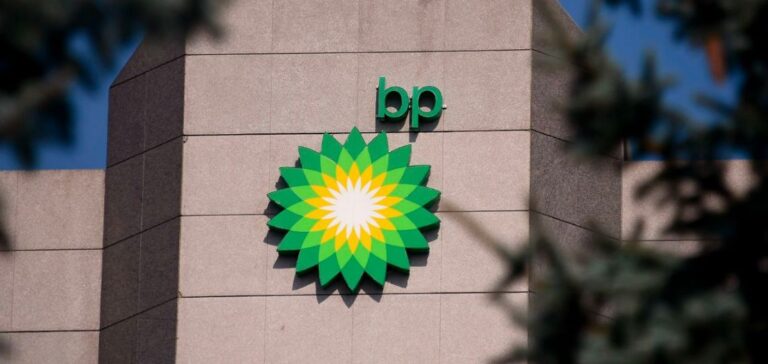Oil giant BP still holds its 19.75% stake in Rosneft nine months after pledging to exit the Russian oil and gas group in the wake of Moscow’s invasion of Ukraine and pleads that the divestment is “complex.” However, the Briton denied on Wednesday that he had received a dividend from Rosneft, after the corruption and environmental news website Global Witness accused him of having received 580 million pounds.
“Since our decision to exit Russia we have not received any dividends,” BP spokesman David Nicholas told AFP.
A Labour MP, Margaret Hodge, also denounced “blood money” in the British Parliament on Wednesday.
“Despite its promise, BP remains one of the largest shareholders” in Rosneft, Hodge lamented, calling on Downing Street to “persuade BP to give all of its Russian dividends to the reconstruction of Ukraine.”
BP says it is “studying its options” but describes as “complex” the sale of its 19.75% stake in Rosneft, promised on 27 February, a few days after the start of the Russian offensive in Ukraine. The British group points to “international sanctions” and “Russian government restrictions”.
“We have seen press reports that Rosneft says it has made a payment to us. We have no formal confirmation of this and according to Russian regulations, companies (in the country) cannot make payments to companies or shareholders from an “unfriendly” country, like the UK,” the spokesman detailed.
According to him, “if a payment had been made by Rosneft, we assume that it would have been deposited in a special bank account from which we could not make transfers without the express permission of the Russian government”.
In its third quarter results published at the beginning of November, BP also explained that it was “not in a position to sell its shares in Rosneft on the Moscow Stock Exchange”.
Mr. Nicholas declined to detail the potential options BP is considering for exiting Rosneft, the likelihood of success or a timeline. British Treasury Secretary James Cartlidge, meanwhile, said that selling Russian assets, since the start of the war in Ukraine, is not “a simple process.” BP has taken a “charge of more than $24 billion” in its first quarter accounts to reflect the financial impact of its announced exit from Russia. In the first quarter, it suffered a massive loss of $20.4 billion.






















